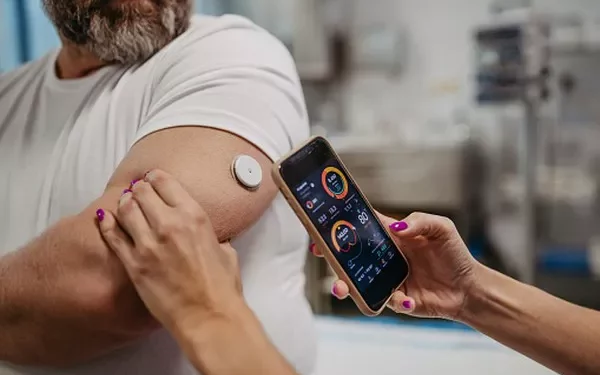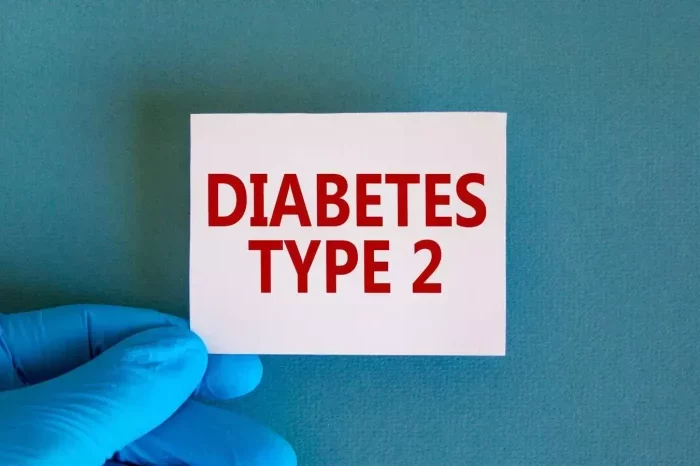Insulin therapy plays a crucial role in the management of type 2 diabetes, a chronic metabolic disorder characterized by insulin resistance and relative insulin deficiency. While type 2 diabetes often begins with lifestyle modifications and oral medications, insulin therapy becomes necessary for many patients to achieve glycemic control over time. This article aims to explore the intricacies of insulin therapy in type 2 diabetes, including its mechanisms, types, administration methods, benefits, challenges, and evolving strategies. By understanding these aspects, healthcare providers can better tailor treatment plans to optimize patient outcomes.
Type 2 diabetes mellitus (T2DM) represents a significant global health challenge, affecting millions worldwide and posing considerable healthcare burdens. Central to its pathophysiology is insulin resistance, where tissues such as muscle, liver, and adipose become less responsive to insulin, coupled with a progressive decline in pancreatic beta-cell function leading to reduced insulin secretion over time. This dual defect results in chronic hyperglycemia, contributing to the development of microvascular and macrovascular complications.
Initially managed through lifestyle interventions—dietary modifications, physical activity, and weight management—many individuals with T2DM eventually require pharmacological interventions to achieve glycemic targets. While oral antidiabetic agents (OADs) like metformin, sulfonylureas, and newer classes such as SGLT2 inhibitors and GLP-1 receptor agonists are effective early in the disease course, progressive beta-cell dysfunction often necessitates the addition of insulin therapy to maintain adequate glycemic control.
The Role of Insulin in Diabetes Management
Insulin is a hormone produced by pancreatic beta cells in response to elevated blood glucose levels. Its primary role is to facilitate glucose uptake into cells, suppress hepatic glucose production, and promote glycogen synthesis in the liver and muscle. In T2DM, insulin resistance disrupts these mechanisms, necessitating higher insulin levels to achieve the same metabolic effect. Initially, beta cells compensate by increasing insulin secretion, but as T2DM progresses, this compensatory response becomes inadequate, resulting in relative insulin deficiency.
Insulin therapy aims to supplement endogenous insulin production or replace it entirely when beta-cell function declines irreversibly. By directly delivering insulin into the bloodstream, therapy aims to mimic physiological insulin secretion and thereby regulate blood glucose levels effectively.
Types of Insulin
Insulin preparations vary in onset, peak action, and duration, allowing for flexibility in matching pharmacokinetics to individual patient needs. Broadly categorized, insulin types include:
- Rapid-acting insulin analogs: Such as insulin lispro, aspart, and glulisine. These analogs have an onset of action within 15 minutes, peak within 1-2 hours, and last up to 4-6 hours.
- Short-acting insulin: Regular human insulin, with an onset of 30-60 minutes, peak action at 2-3 hours, and duration of 3-6 hours.
- Intermediate-acting insulin: NPH (Neutral Protamine Hagedorn) insulin, which has a slower onset (1-2 hours), peaks at 4-12 hours, and lasts up to 18 hours.
- Long-acting insulin analogs: Such as insulin glargine, detemir, and degludec. These have a slow and steady onset, no pronounced peak, and can last anywhere from 16 to 24 hours or longer.
Initiation and Adjustment of Insulin Therapy
The decision to start insulin therapy in T2DM is guided by several factors, including glycemic control goals, disease duration, patient preferences, and the presence of complications. Typically, insulin initiation follows inadequate response to oral medications or during acute illness when insulin resistance increases transiently. Healthcare providers must educate patients about insulin therapy’s benefits, potential side effects, and self-management techniques to promote adherence and mitigate fears associated with injection therapy.
Initiation often begins with basal insulin (long-acting or intermediate-acting) to provide continuous background insulin coverage, particularly overnight and between meals. Basal insulin therapy is generally well-tolerated and associated with a low risk of hypoglycemia compared to other insulin types.
As T2DM progresses or if basal insulin alone fails to achieve target glycemic control, intensification with prandial (mealtime) insulin or premixed insulin formulations may be necessary. Prandial insulin mimics postprandial insulin secretion, while premixed insulins combine basal and prandial components to simplify dosing schedules.
Challenges and Barriers to Insulin Therapy
Despite its efficacy, insulin therapy faces several challenges that may deter patients and providers alike:
- Fear of injections: Many patients fear pain or discomfort associated with injections, potentially leading to non-adherence or treatment avoidance.
- Hypoglycemia: Insulin-induced hypoglycemia remains a significant concern, particularly with intensive glycemic control regimens. Education on hypoglycemia recognition and management is crucial.
- Weight gain: Insulin therapy can promote weight gain, primarily due to enhanced cellular glucose uptake and decreased glucosuria, necessitating dietary adjustments and increased physical activity.
- Cost: Insulin analogs and delivery devices can be costly, limiting accessibility for some patients, particularly in resource-limited settings.
Addressing these barriers requires a comprehensive, patient-centered approach, involving shared decision-making, tailored education, and ongoing support from healthcare providers and multidisciplinary teams.
Evolving Strategies in Insulin Therapy
Advances in insulin therapy aim to enhance efficacy, safety, and patient convenience:
- Insulin analogs: Continuous research has led to the development of ultra-long-acting basal insulins like degludec, offering prolonged glycemic control with reduced risk of hypoglycemia.
- Insulin delivery devices: Innovations such as insulin pens and insulin pumps improve ease of administration and dosing accuracy, enhancing patient adherence and satisfaction.
- Closed-loop systems: Automated insulin delivery systems (artificial pancreas) combine continuous glucose monitoring (CGM) with insulin pumps, providing real-time adjustments to insulin delivery based on glucose levels, thereby optimizing glycemic control and minimizing hypoglycemia risk.
Patient Education and Self-Management
Effective insulin therapy requires active patient involvement and self-management skills:
- Injection technique: Proper injection site rotation, needle disposal, and insulin storage are essential to prevent lipohypertrophy, infection, and other complications.
- Monitoring: Regular self-monitoring of blood glucose (SMBG) or continuous glucose monitoring (CGM) helps patients track their response to therapy and adjust insulin doses accordingly.
- Lifestyle modifications: Patients should be encouraged to maintain a healthy diet, engage in regular physical activity, and monitor for signs of hyperglycemia and hypoglycemia.
Comprehensive diabetes education programs, often led by certified diabetes educators (CDEs), empower patients to make informed decisions about their health, improve adherence to therapy, and minimize the risk of diabetes-related complications.
See also: What To Do To Get Rid Of Diabetes
Conclusion
Insulin therapy remains a cornerstone in the management of type 2 diabetes, offering effective glycemic control and reducing the risk of long-term complications. Through a tailored approach that considers individual patient needs, preferences, and clinical characteristics, healthcare providers can optimize insulin therapy outcomes while addressing potential barriers and challenges. Ongoing research and technological advancements continue to refine insulin formulations and delivery systems, promising improved efficacy, safety, and patient satisfaction in the management of T2DM. By fostering collaborative relationships and empowering patients through education and support, healthcare teams can achieve optimal diabetes management and enhance quality of life for individuals living with type 2 diabetes mellitus.
Related topics:
What Are The Health Risks Related To Type 2 Diabetes



























